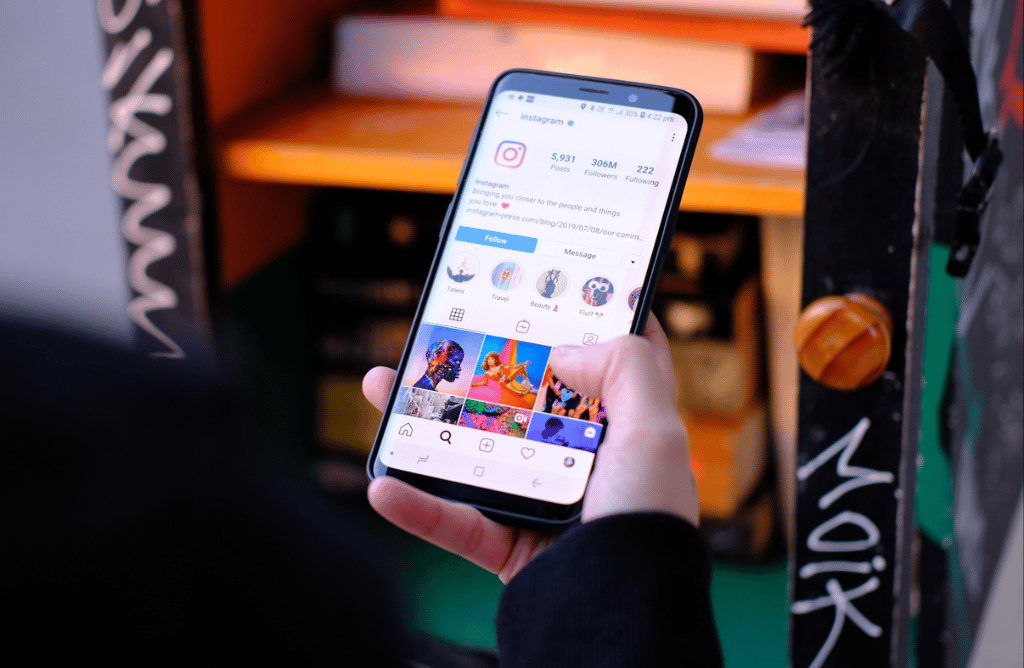Meta Lawsuit for Teenage Harm
Meta, formerly known as Facebook, owns many apps and services, including Facebook, WhatsApp, and Instagram. The company has repeatedly stated that its platforms and services are safe for children and teens and are not designed to be addictive. However, a mother filed a class lawsuit against Meta, claiming that her 12-year-old daughter and other pre-teens were targeted and harmed by Facebook and Instagram for profit.
Meta is an American multinational conglomerate. Headed by Mark Zuckerberg, Meta owns many apps and services, including Facebook, WhatsApp, and Instagram. Over the course of its history, the company has repeatedly stated that its services and platforms are safe for children and teens. It has also stated that its services are not designed to be addictive.
However, in 2022, Meta was hit with social media addiction lawsuits. The complaints, which were later consolidated into several class actions, claimed that Meta’s social media platforms were designed to be dangerously addictive, driving children and teenagers to consume content that increases the risk of sleep disorders, eating disorders, depression, and suicide.
Quick Links
What Is Meta?
Formerly known as Facebook Inc., Meta Platforms Inc. is an American tech company based in Menlo Park, California. Headed by Mark Zuckerberg, the company owns Facebook, WhatsApp, Instagram, and other popular social media apps and services.
While Meta used to be one of the most valuable companies in the world, as of 2022, Meta no longer even ranks among the top twenty biggest companies in the United States. However, it is still one of the Big Five American information technology companies, alongside Microsoft, Amazon, Alphabet (Google), and Apple.
Meta’s user demographics skew young. As of February 2022, Meta’s largest audience in the U.S. were women aged 25 to 34 years, who made up 13.6 percent of users. Men in the same age group were the second-largest group. 3.5 percent of Meta’s audience was between 13 and 17 years old. That means approximately 10,080,928 U.S. teens used Meta products in February 2022.

Current Allegations Against Meta
On September 27, 2022, a Washington mother filed a social media lawsuit against Meta in state court. In her suit, the plaintiff claims that her 12-year-old daughter and other preteens have been targeted and harmed by Meta’s Instagram and Facebook platforms for profit, despite Meta’s claims that its social media platforms are safe for children and teenagers and were not engineered to be addictive.
On October 27, 2022, the lawsuit was moved to California’s Northern District Court.
Here’s a breakdown of her main allegations against Meta:
Meta Intended to Target Minors' Vulnerabilities
The case states that teens and children are especially susceptible to the negative impacts of social media apps like Meta’s Facebook and Instagram. Due to changes in their biology and psychology, they are more emotional, more susceptible to boredom, and more responsive to rewards. As a result, they tend to engage in “thrill-seeking behavior without regard to the consequences of that behavior.”
According to the plaintiff, Meta knew about these vulnerabilities. However, it continued to market services to them and did not prevent them from creating accounts on apps like Facebook and Instagram. The plaintiff argues that Meta has been targeting the pre-adolescent market since 2006 when it allowed children as young as 13 to create Facebook accounts. Previously, Facebook was only for college students with .edu email addresses.
Once Facebook allowed children and teens to create accounts, it trapped them in an “unending stream of content” to drive engagement. To support her claim, the plaintiff cited the following a 2017 interview with Sean Parker, Meta’s first president. In this interview, Parker said that the inventors and creators of Facebook were conscious of what they were doing, but “did it anyway.”
Laws and social norms have developed to protect minors from engaging in activities that require self-control in response to positive stimuli, such as gambling. The plaintiff argues that if Meta were a trustworthy and ethical company, it too would have found better ways to restrict children and teens from using Facebook and other social media services.

Meta Prioritizes Profit Over Safety
The plaintiff contends that Meta has always prioritized profit over safety. To support her claim, she cites whistleblower and former Facebook data scientist Frances Haugen, who stated in interviews that she repeatedly observed Facebook choosing “profit over safety” and prioritizing its interest over that of the public.
The plaintiff argues that when Facebook introduced the “Like” button in 2009 after extensive testing, the platform transformed into a contest for social validation. This was especially damaging to pre-adolescents, who are more likely to experience depressive symptoms and emotional distress when they don’t get enough validation on social media. Although Meta’s internal research confirmed that “likes” could harm users’ mental health, Meta continued to implement features that would maximize engagement, even at the public’s expense.
Another one of these features is the unlimited news feed on Instagram and Facebook, which uses algorithms to display content that is “likely to create strong reactions.” When three U.S. senators tested Instagram’s newsfeed in 2021 by creating accounts for fictional teenage girls, they received damaging content for adolescent girls, such as content about plastic surgery and diets.
The plaintiff’s daughter has been negatively harmed by Instagram and Facebook’s newsfeeds. After using Meta’s products at the age of 10, the plaintiff’s daughter has developed “troubling body image issues.” According to the plaintiff, her daughter has stated that she wants to be a plastic surgeon so she can fix her body. Meta’s products and stereotypes about what women should look like have also been consistent themes in the plaintiff’s conversations with her daughter.

Legal Implications of Lawsuits Against Meta
The full legal implications of class action lawsuits against Meta have yet to be seen. We also don’t know how much plaintiffs can receive from these actions. That’s because these social media harm lawsuits are, in many ways, unprecedented. None of these cases have settled or gone to trial. As such, plaintiffs will likely face a tough uphill battle.
For one, they will have to scientifically prove that their children were actually addicted to the platform. While there have been studies on social media addiction, we don’t know whether they meet the level of academic scrutiny required to be admissible in court.
We also can’t predict how courts will interpret the term “addiction.” How many hours would a teen or child have to spend on Meta social media apps to be deemed “addicted”? Plus, the process of addiction differs among individuals — Teen A may need 25 hours of Meta app usage to become addicted, while Teen B only needs three hours.
Additionally, the plaintiffs must prove that their children’s addiction was “more likely than not” the root of the harm they suffered. For instance, the lead plaintiff of the October 22, 2022 class action lawsuit would have to prove that her daughter’s Meta services usage caused her to develop body image problems. This can be difficult to prove since social media addiction was probably only one of several causes.
How Cutter Law Can Help You File a Lawsuit Against Meta
If your child or teen has suffered harm from a Meta app addiction, Cutter Law can help you file a lawsuit against Meta for teen harm.
Our skilled social media legal team can help you join the current class action lawsuit against Meta.

Once you join, you can file for part of the settlement if the case is won. Depending on the facts of your case, you may receive economic and non-economic damages. These damages may include compensation for:
- Past and future mental and medical health expenses
- Loss of enjoyment of life
- Pain and suffering
- Lost income
Interested in experiencing the Cutter law difference? Fill out this form to receive a free consultation. You don’t pay us a cent unless we win.
Schedule A Free Case Review
"*" indicates required fields
Our Office Locations
Sacramento Office
401 Watt Avenue Suite 100
Sacramento, CA 95864
Phone: 916-290-9400
Oakland Office
Cutter Law P.C.
1999 Harrison Street Suite 1400
Oakland, CA 94612


